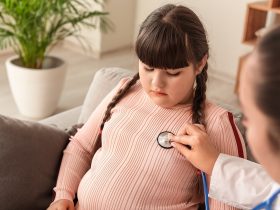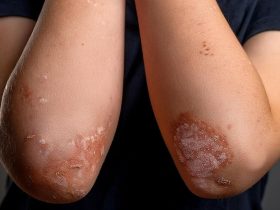Prevalence of symptoms of depression and anxiety increased among those with COVID-19 who were bedridden for more than seven days
TUESDAY, March 15, 2022 (HealthDay News) — Individuals diagnosed with COVID-19 have a higher prevalence of depression symptoms and poorer sleep quality, although the overall prevalence of depression and COVID-19-related distress attenuates over time, according to a study published online March 14 in The Lancet Public Health.
Ingibjörg Magnúsdóttir, from the University of Iceland in Reykjavik, and colleagues conducted an observational follow-up study that included seven prospectively planned cohorts across six counties to examine the prevalence of adverse mental health symptoms among individuals diagnosed with COVID-19. Participants were recruited from March 27, 2020, to Aug. 13, 2021; the analytical cohort included 247,249 individuals, 4.0 percent of whom were diagnosed with COVID-19 during the study period.
The researchers found that compared with individuals without a COVID-19 diagnosis, those diagnosed with COVID-19 had a higher prevalence of symptoms of depression and poorer sleep quality (prevalence ratios, 1.18 and 1.13, respectively); no increase was seen in symptoms of anxiety or COVID-19-related distress. Over time, the prevalence of depression and COVID-19-related distress attenuated. Compared with those not diagnosed with COVID-19, individuals diagnosed with COVID-19 but never bedridden due to their illness had a consistently lower risk for depression and anxiety (prevalence ratios, 0.83 and 0.77, respectively), while the risk for symptoms of depression and anxiety was increased for those who were bedridden for more than seven days (prevalence ratios, 1.61 and 1.43, respectively).
This research “suggests that mental health effects aren’t equal for all COVID-19 patients and that time spent bedridden is a key factor in determining the severity of the impacts on mental health,” a coauthor said in a statement.
Several authors disclosed financial ties to the pharmaceutical and other industries; one author has a patent for a device for nasal delivery.
Copyright © 2021 HealthDay. All rights reserved.







